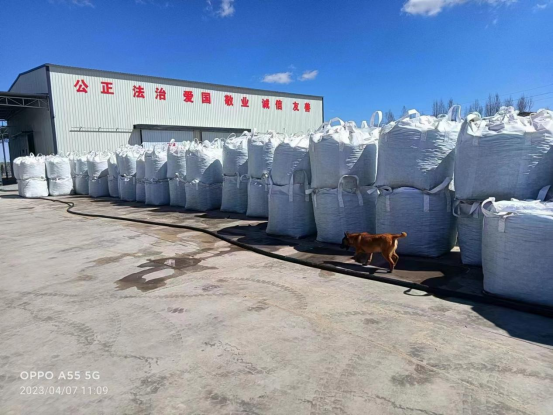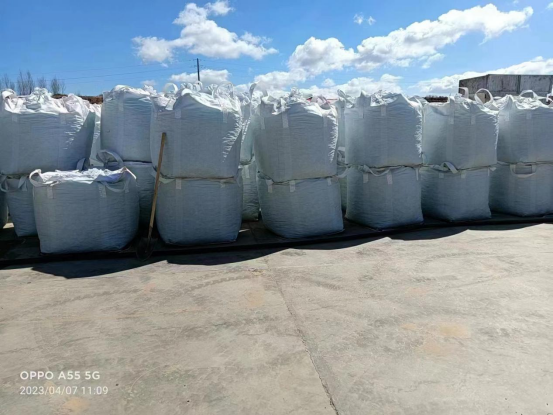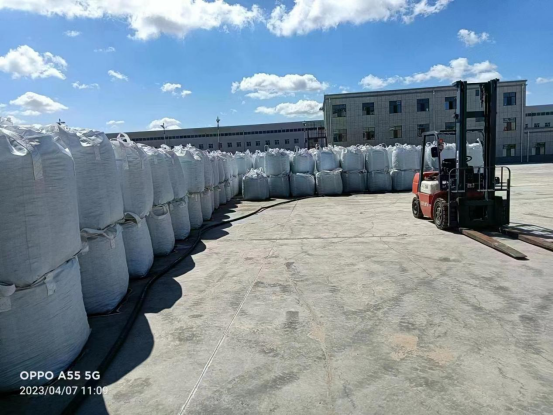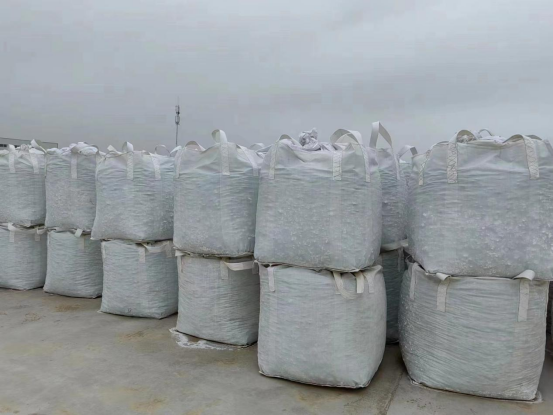Sodium Silicate
SPECIFICATION
| item | value |
| Classification | Silicate |
| CAS No. | 1344-09-8 |
| Other Names | waterglass, water glass, soluble glass |
| MF | Na2SiO3 |
| Appearance | light blue lump |
| Application | detergent, construction, agriculture |
| Product name | Sodium silicate price for agriculture |
usage

AUTOMOTIVE REPAIR
Head gaskets often become brittle over time, which can cause leaks where they intersect with metal surfaces. Water glass seals these leaks, allowing the gaskets to perform for longer stretches of time.
FOOD AND BEVERAGES
Bathing fresh eggs with a water glass solution seals the open pores of the outer egg shell, preventing bacteria from entering. With this coating, eggs can remain fresh and unrefrigerated for months.

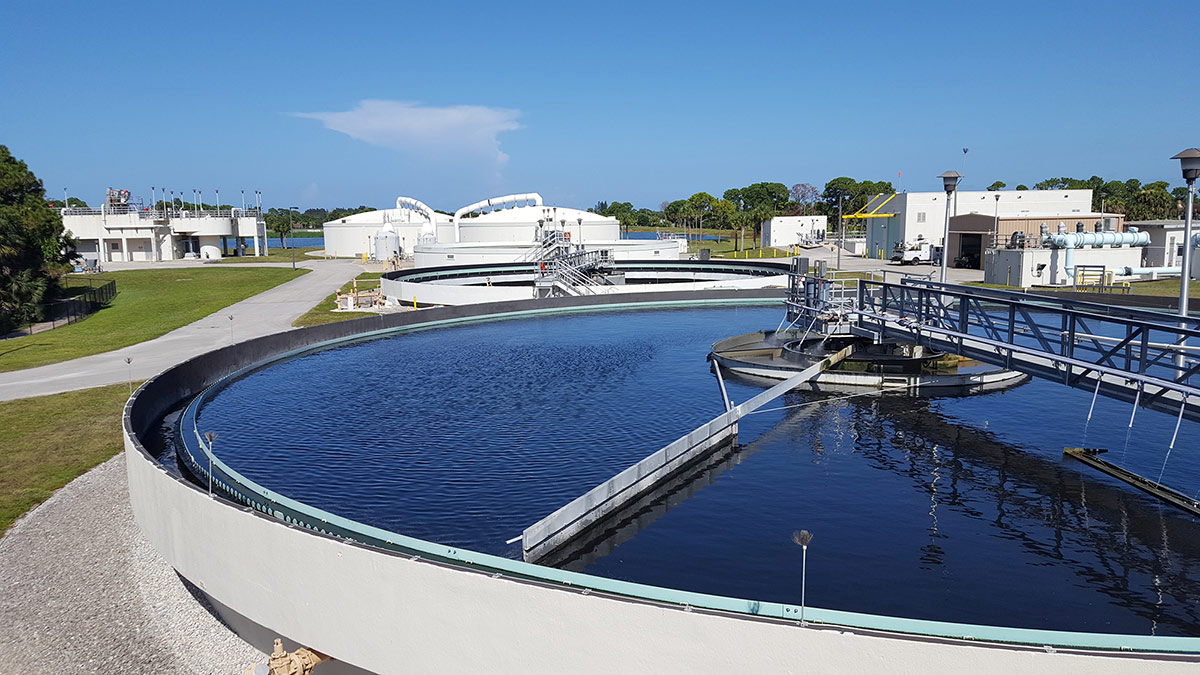
WASTEWATER TREATMENT
A small amount of water glass added to municipal water treatment plants or wastewater treatment plants acts as a flocculant, combining heavy metals so their weight causes them to sink to the bottom of the tank.
DRILLING
When industrial drills meet granular formations with a high permeability, it seriously dulls the drill bit. Injecting water glass and a catalyst, such as an ester, into the soil will form a polymerized gel to stabilize the soil, and increase its strength and stiffness.
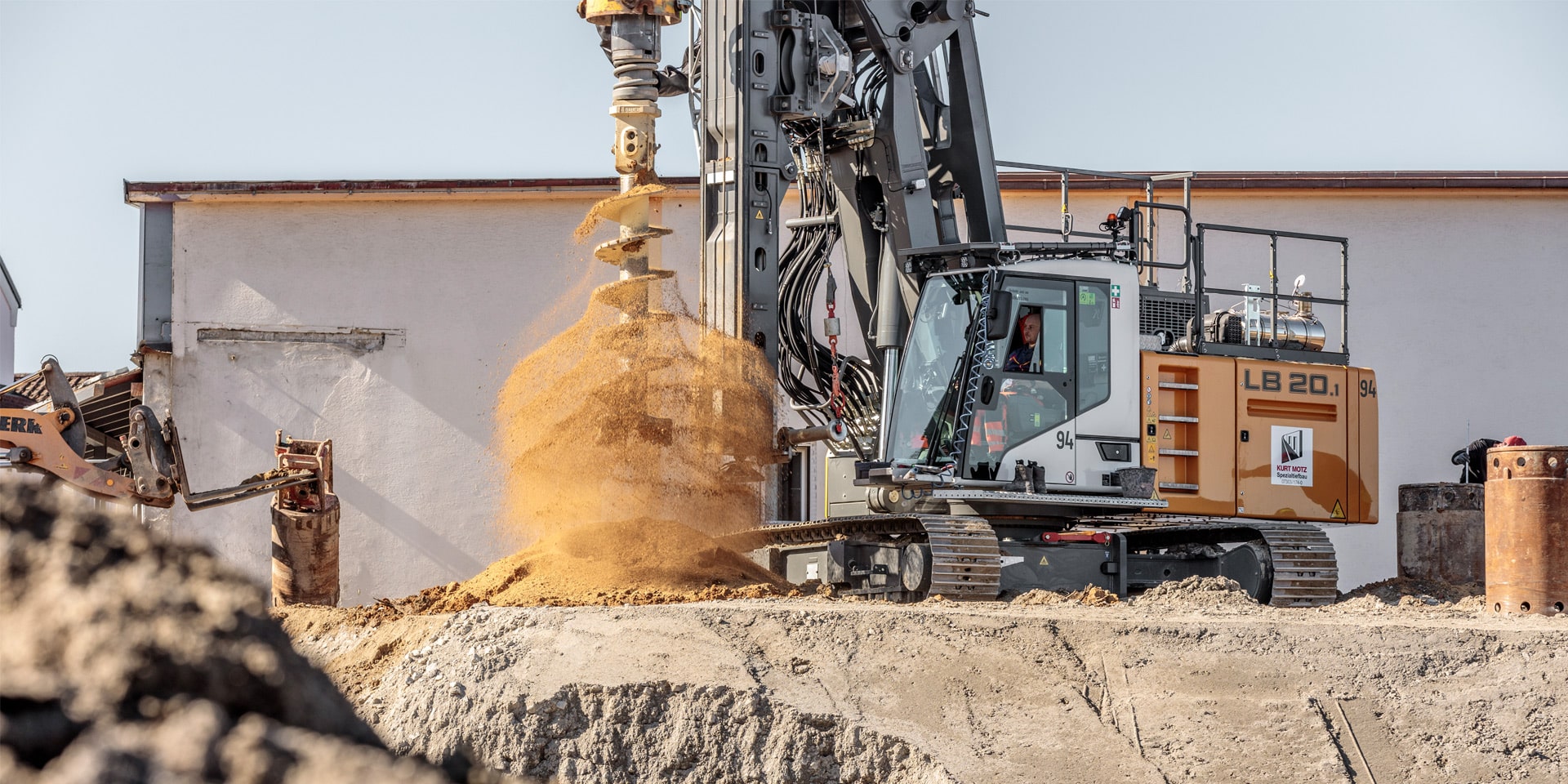
1. Prepare fast-setting waterproofing agent
Using water glass as the waterproof base material, add two, three or four alums to make two-alum, three-alum or four-alum fast-setting waterproofing agent. The setting speed of this waterproofing agent generally does not exceed one minute. In engineering, it is used to make use of its quick setting effect and adhesion, and is added to cement slurry, mortar or concrete for repair, plugging, emergency repair and surface treatment. Because it sets quickly, it is not suitable to be used as a rigid waterproof layer for roofs or floors with cement waterproof mortar.
2. Prepare heat-resistant mortar, heat-resistant concrete or acid-resistant mortar, acid-resistant concrete
It is made of water glass as the cementitious material, sodium fluorosilicate as the coagulant, and heat-resistant or acid-resistant coarse and fine aggregates in a certain proportion. The maximum use temperature of water glass heat-resistant concrete is below 1200 degrees Celsius. Water glass acid-resistant concrete is generally used for acid storage tanks, pickling tanks, acid-resistant floors and acid-resistant equipment.
3. Painting the surface of building materials can improve the material's anti-seepage and anti-weathering capabilities
When porous materials are soaked in water glass, their density and strength can be increased. It has good effects on clay bricks, silicate products, cement concrete, etc. However, it cannot be used to paint or soak gypsum products, because sodium silicate and calcium sulfate will react chemically to produce sodium sulfate, which will crystallize in the pores of the product and expand significantly, thus causing damage to the product.
4. Strengthen the foundation and improve its bearing capacity
Liquid water glass and calcium chloride solution are injected into the formation alternately, and the silicate gel generated by the reaction wraps the soil particles and fills their pores.
Silicate colloid is a frozen gel that expands when it absorbs water. It is often in a state of expansion due to the absorption of groundwater, preventing the penetration of water and consolidating the soil.
5. Water glass can also be used as a raw material for a variety of architectural coatings
Fire-retardant paint made by mixing liquid water glass with refractory fillers into a paste and applying it to the surface of wood can resist instantaneous flames and reduce the ignition point.
In the next three years, we are committed to becoming one of the top ten export enterprises in China’s fine daily chemical industry, serving the world with high-quality products and achieving a win-win situation with more customers.
PACKING
LOADING

Company Certificate
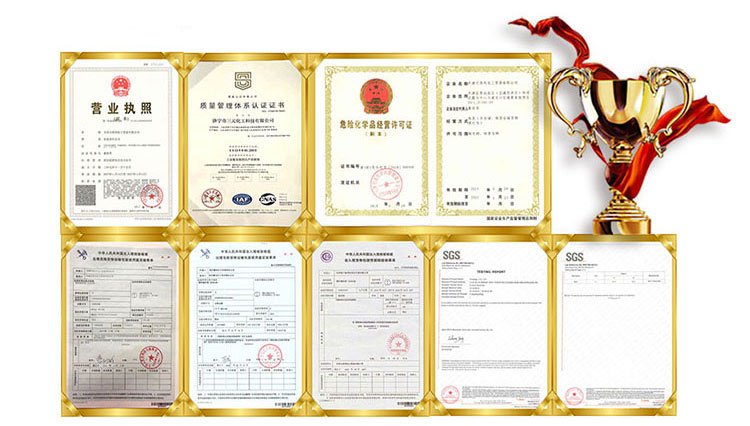
Customer Vists








